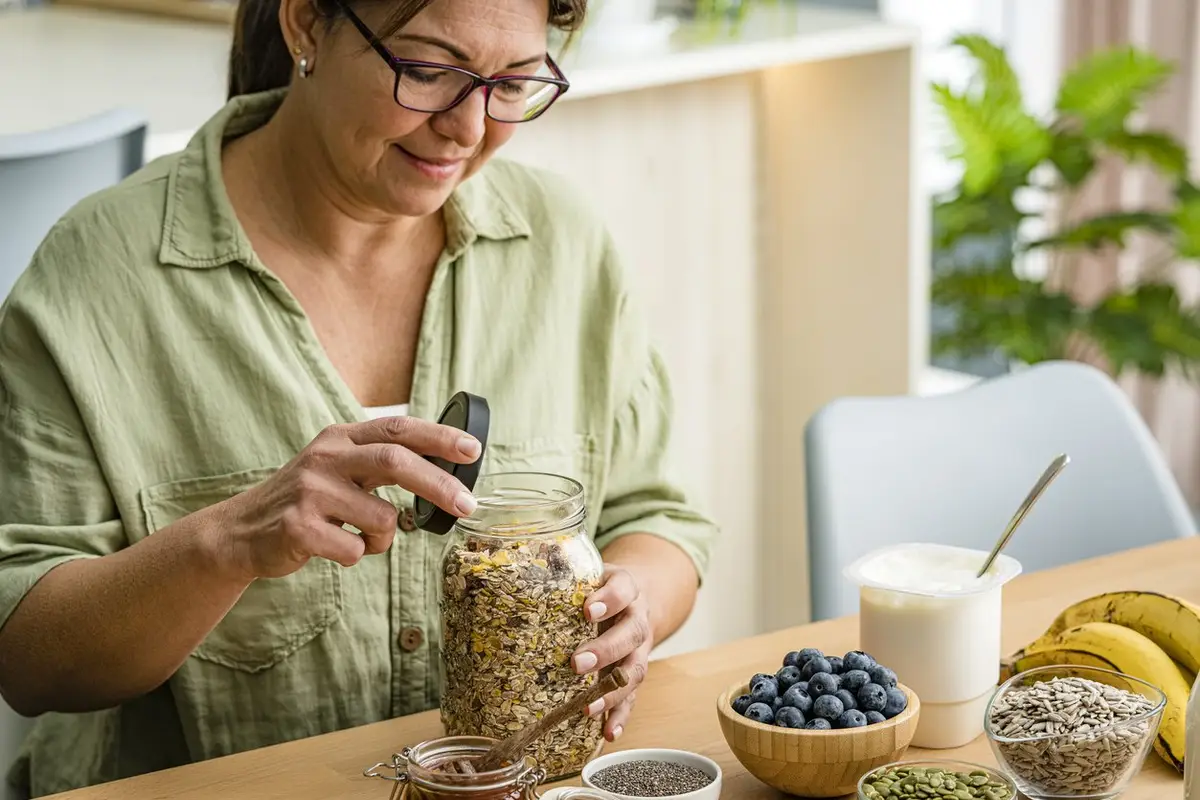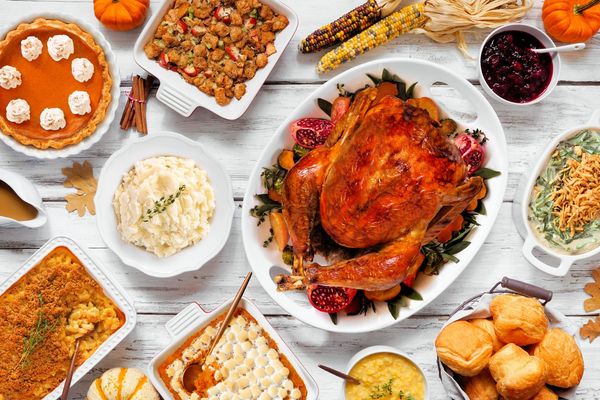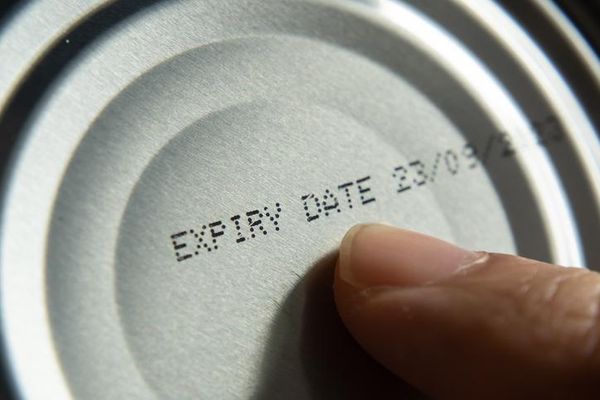The benefits of eating fiber are endless. It may help you slim down and manage your weight. It may reduce your risk for certain health conditions like heart disease, diabetes, colon cancer, hemorrhoids and high cholesterol. It's truly an essential part of our diets.
Do you think you're getting as much fiber as you should be? Most Americans fall short of the recommended daily amount in their diets, says the Academy of Nutrition and Dietetics. Women should aim for 25 grams of fiber per day. Men should aim for 38 grams daily. The average intake is only 16 grams daily.
Here are some signs that may signal you need more fiber in your diet and some ways to go about doing so. Just be sure to speak with your health care provider before adding fiber supplements or fiber-fortified foods to your diet. If you load up on fiber too quickly, you might be left with gas, bloating, cramps and possibly even diarrhea. Instead, increase fiber gradually and drink plenty of fluids. If you don't drink enough, you may become constipated.
You're hungry even after you eat.
Eating more fiber may help you feel full longer, known as satiety. One study shows that people who eat more fiber have reduced appetites and eat less energy-dense foods, meaning they may consume fewer calories and may even see a slight weight loss. Other studies, however, are less conclusive. A review study found that only certain types of fiber increase satiety. These included whole grain rye, rye bran, oats, barley and a few others. And a handful of foods, including Fiber One cereal and carrots, may help you eat less energy-dense foods—which are more caloric—like high-fat meats and fried foods. Given that most of us don't consume enough fiber, it's worth a try. Find out How to Eat More Whole Grains.
You're constipated and bloated.
That constipation may be due to your diet's lack of fiber. Insoluble fiber moves through your body relatively intact, so it adds bulk to your stools, giving your colon something substantial to pass. Some soluble fibers are viscous and hold water, which can also help with bowel movements. When fiber helps foods move through the digestive tract steadily and smoothly, it can decrease constipation. If you eat too little fiber, waste moves through your digestive system more slowly, making you bloated and backed up. Add more fiber to your diet by consuming seeds, fruits, quinoa, whole-wheat bread and other whole grains. Once you do, your body can form bulky, soft stools that can pass more easily. Here are some Foods That Help Fight Constipation.
You have high cholesterol.
If your cholesterol numbers are high, certain soluble fibers can improve your levels. The Mayo Clinic recommends soluble fiber sources like oatmeal, oat bran, barley, flaxseed, beans, apples, pears and prunes. These may reduce low-density lipoprotein ("bad") cholesterol. As the fiber goes through your body, cholesterol attaches to it and leaves with it. When you don't have enough fiber, cholesterol doesn't have as many opportunities to exit your body and is more likely to enter your bloodstream. Reducing cholesterol may have heart-health benefits, too.
You need a nap after you eat.
Most people will not feel this effect, but if you have diabetes or other metabolic condition, you may find yourself wanting to snooze after you eat. Try increasing the fiber in your diet to slow sugar absorption and stabilize blood sugar levels. Particularly look for soluble fibers like beans. A healthy diet that includes plenty of fiber may also help reduce your risk of type 2 diabetes.
You're gaining weight.
High-fiber veggies require you to chew longer. That may mean you'll eat less and feel full by the time you finish. When you eat quickly, you may not feel satisfied after the meal, so you may eat more than your body needs and consume excess calories. Think how quickly you can eat French fries. Then think about how long it takes to chew broccoli or salad. This strategy can help your body recognize that it's full before you start eating more.
You often feel nauseated.
Your body needs a balance of carbs and other nutrients to effectively function. If you eat a diet low in carbs and high in protein (and therefore low in fiber), you may feel queasy, tired and weak. Instead of eating only foods like meats, cheese and eggs, eat a balanced diet that includes the recommended amount of dietary fiber and other essential nutrients. Always eat plenty of mineral- and vitamin-rich fruits, veggies and whole grains.
- Fast Facts: What You Need to Know About Colorectal Cancer Screening ›
- The Wonderful World of Your Microbiome ›
- Fiber: Something You're Probably Not Getting Enough of in Your Diet - HealthyWomen ›
- Best Fiber Sources - HealthyWomen ›
- Is It Hemorrhoids or Something Worse? - HealthyWomen ›
- Why You Should Eat Flaxseeds - HealthyWomen ›







